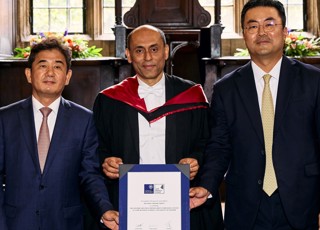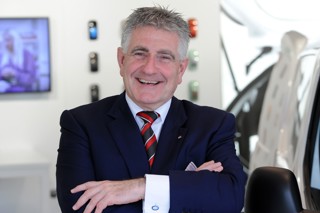With Mobility as a Service (MaaS) expected to grow rapidly next decade, driven by consumer demand and government policy, dealers need to start experimenting and put their stock of demos and overage vehicles to work, according to mobility start-up Tomorrow’s Journey.
Its founders David Betteley, former Jaguar Land Rover board member and now chairman of Tomorrow’s Journey, and Ed White, group chairman, White Clarke Group, believe dealers can capitalise on opportunities that emerge from consumers changes in mobility.
White said: “For 90% of the time a dealer owned vehicle isn’t used and is just sitting either on a sales executive’s driveway or on the dealership’s forecourt awaiting a test drive booking. It is an asset that is not being fully utilised when it could be generating revenue for the business and enabling new driving models to be devised, trialled and tweaked.”
He and Betteley will advise dealers on the possibilities ahead during the Automotive Retail Congress, on May 21.
White, who advises automotive clients on financial services and technological strategies, added: “In a declining sales market where margins are being squeezed, dealers need to identify new ways of generating income and remaining relevant to motorists’ needs. The option is to plough on with the current ownership model regardless or to seize the initiative and start experimenting with alternatives.
“At the moment the opportunities are mostly niche and short-term but as dealers start to gain experience in the MaaS sector they can expand their services including investment in more MaaS vehicles.”
Tomorrow’s Journey connects underutilised vehicles with variable demand purely on a B2B basis. It believes dealers and OEMs can combine their traditional retail model with the emerging MaaS trend rather than risk being overtaken by disrupters.
White added: “Those dealers and OEMs who experiment now whilst MaaS for most consumers is simply an abstract idea will be best placed to take advantage as new ways of meeting motoring needs combine with traditional ownership as we enter a new era of mobility.”



















Login to comment
Comments
No comments have been made yet.